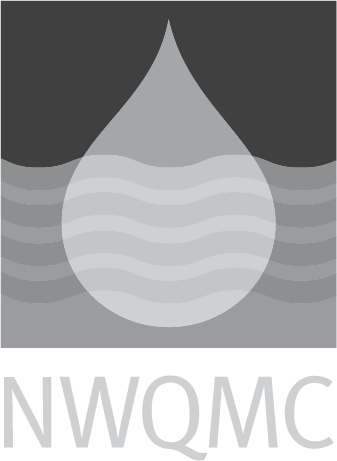EPA-QUALITY: EPA QA/G-4
|
Title
| Guidance on Systematic Planning Using the Data Quality Objectives Process |
|---|---|
|
Author
| U.S. Environmental Protection Agency |
|
Abstract/Summary Statement
| The Data Quality Objectives (DQO) Process is used to establish performance or acceptance criteria for collecting environmental data. The DQO Process serves as the basis for designing a plan for collecting data of sufficient quality and quantity to support the goals of a study. The guidance provides a standard working tool for project managers and planners to develop DQO for determining the type, quantity, and quality of data needed to reach defensible decisions or make credible estimates. The EPA recommends using the DQO Process in conjunction with the Decision Error Feasibility Trials (DEFT) software (EPA QA/G-4D). The Data Quality Objectives (DQO) Process consists of seven iterative steps. Each step of the DQO Process defines criteria that will be used to establish the final data collection design. The DQO Process includes: - Clarifying the study objective; - Defining the most appropriate type of data to collect; - Determining the most appropriate conditions from which to collect the data; and - Specifying tolerable limits on decision errors. |
|
Table of Contents
| Introduction Chapter 1. State the Problem Chapter 2. Identify the Goals of the Study Chapter 3. Identify Information Inputs Chapter 4. Define the Boundaries of the Study Chapter 5. Develop the Analytic Approach Chapter 6. Specify Performance or Acceptance Criteria Chapter 7. Develop the Plan for Obtaining Data Chapter 8. Beyond the Data Objectives Process Chapter 9. Additional Examples Appendix References |
|
Citation
| U.S. Environmental Protection Agency, 2006, Guidance on Systematic Planning Using the Data Quality Objectives Process: EPA QA/G-4. Office of Environmental Information, EPA/240/B-06/001, Feb. 2006. |
|
Method Source
| EPA-QUALITY |
|
Source Organization Country
| USA |
|
Publication Year
| 2006 |
|
Special Notes
| EPA/240/B-06/001 |
|
Item Type
| Report / Guidance Document |
|
Publication Source Type
|
Government Agency (Federal, USA) |
|
Purpose
|
Monitoring program design |
|
Design or Data Analysis Objectives
|
Revisit |
|
Complexity
| Medium |
|
Media Emphasized
|
Surface Water |
|
Media Subcategory
| |
|
Special Topics
|




